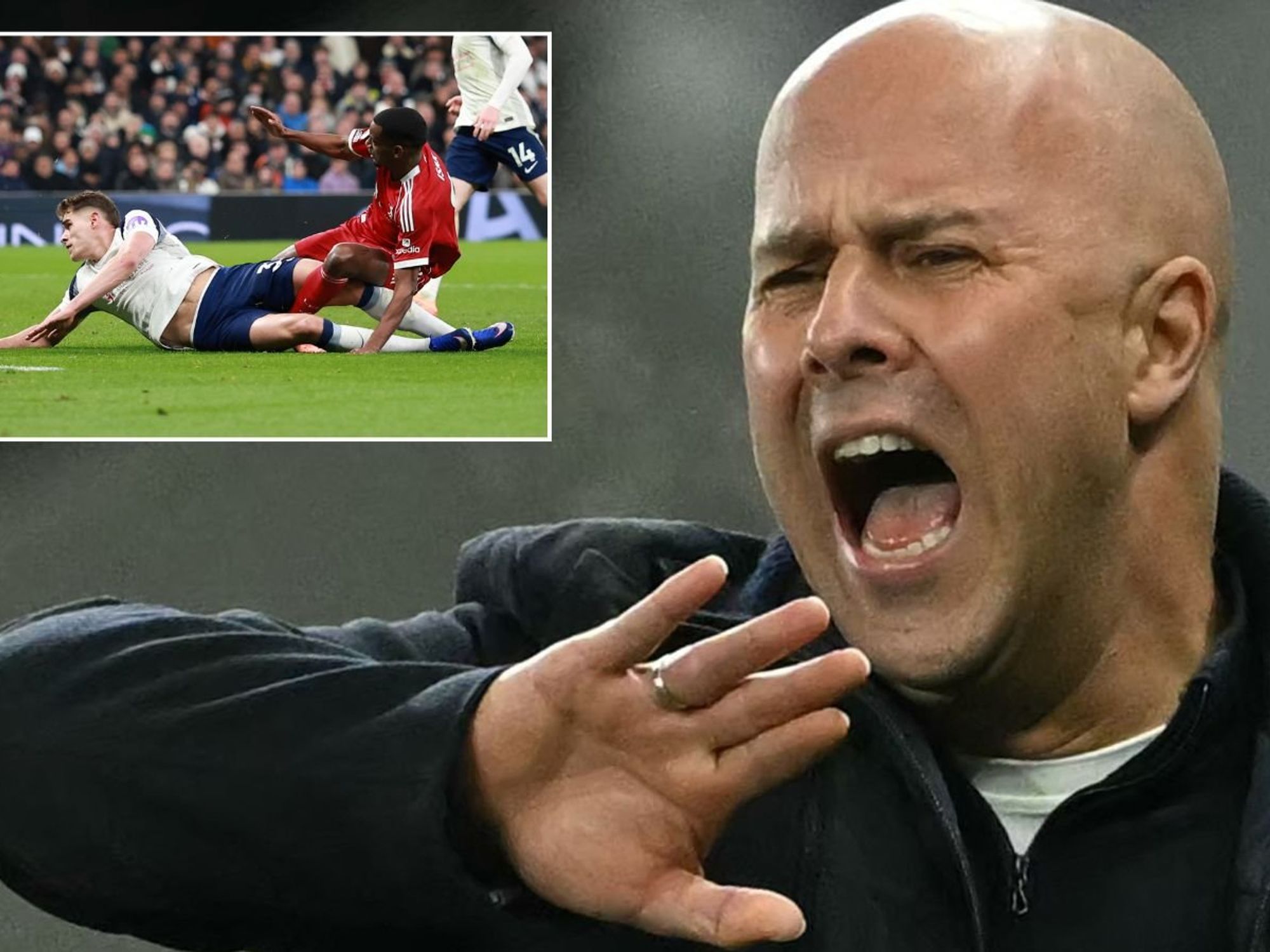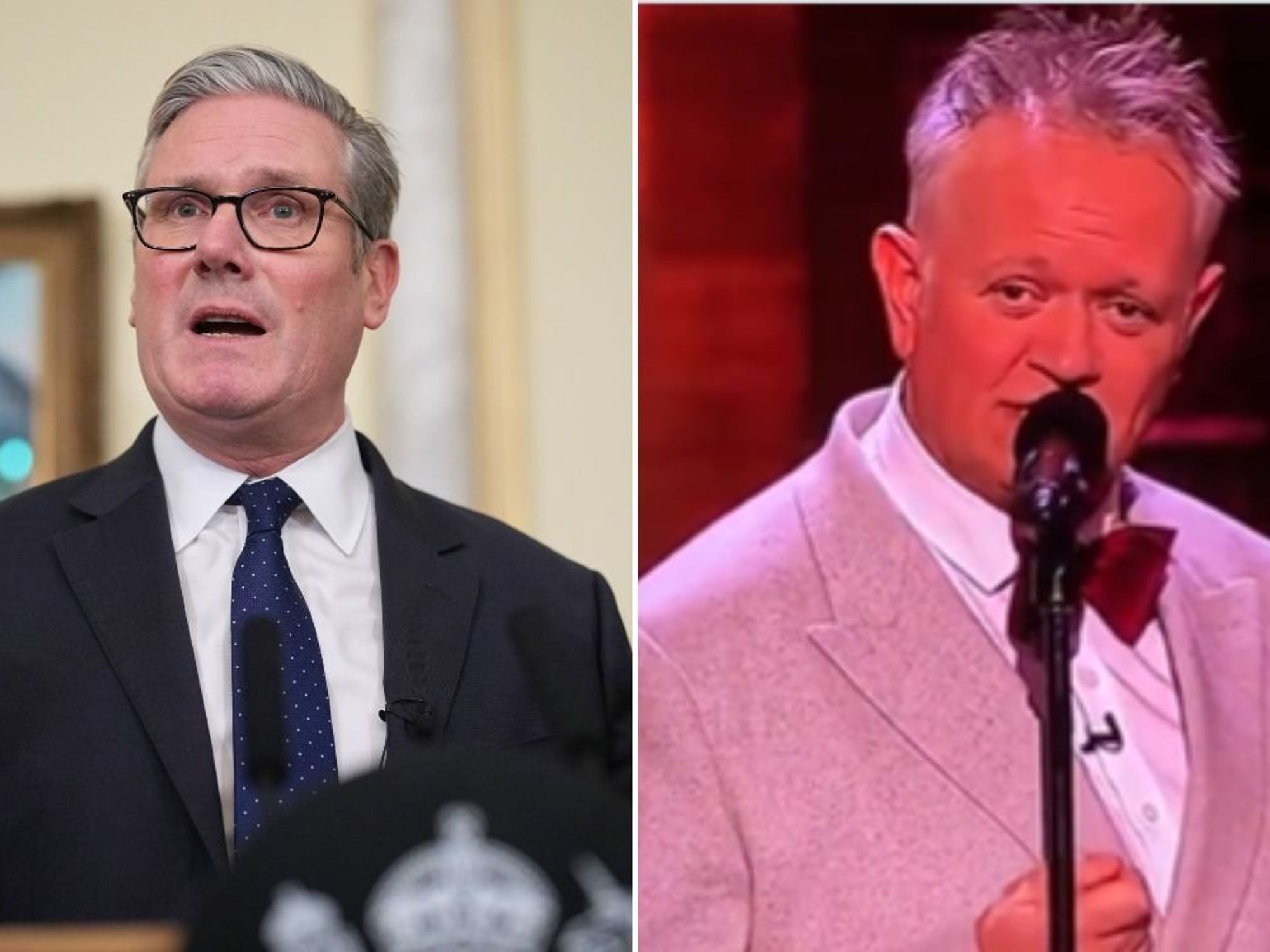BBC’s Tim Davie claims broadcaster has had ‘good year’ for impartiality despite Gary Lineker row
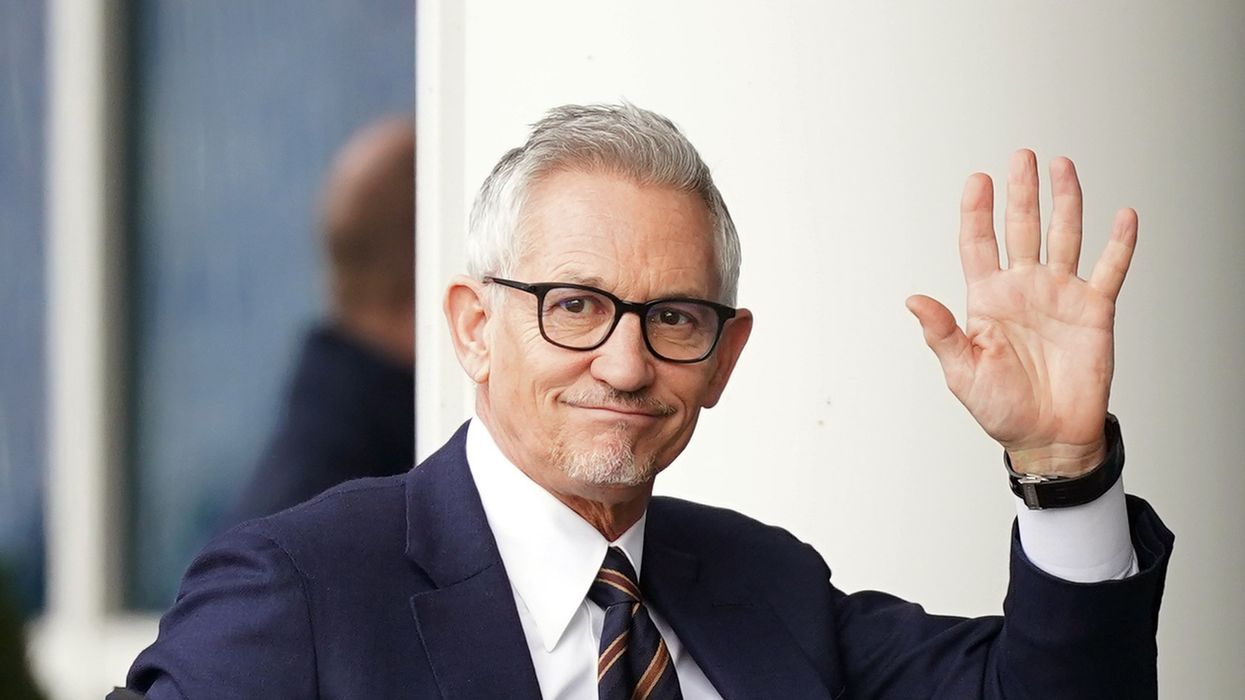
Ripples from the Lineker drama are still being felt around the BBC
|PA
Director-general gives BBC a pat on the back for impartiality but admits social media has been a challenge
Don't Miss
Most Read
Latest
BBC director-general, Tim Davie, has lauded a “good year” for impartiality at the BBC, though he will “always regret” the fallout from the Lineker affair.
Addressing the Culture, Media and Sport Committee, the BBC director-general spoke on the corporation’s new social media review, which was introduced after the corporation backed down in the standoff with presenter Gary Lineker.
Gary Lineker, 62, opened a can of worms at the corporation earlier this year when he tweeted that the language used in the government’s migration crackdown echoed that used in Nazi Germany.
The anti-Tory comparison caused bosses to briefly suspend Lineker from Match of the Day, prompting other sports presenters, commentators and pundits to follow suit in solidarity.
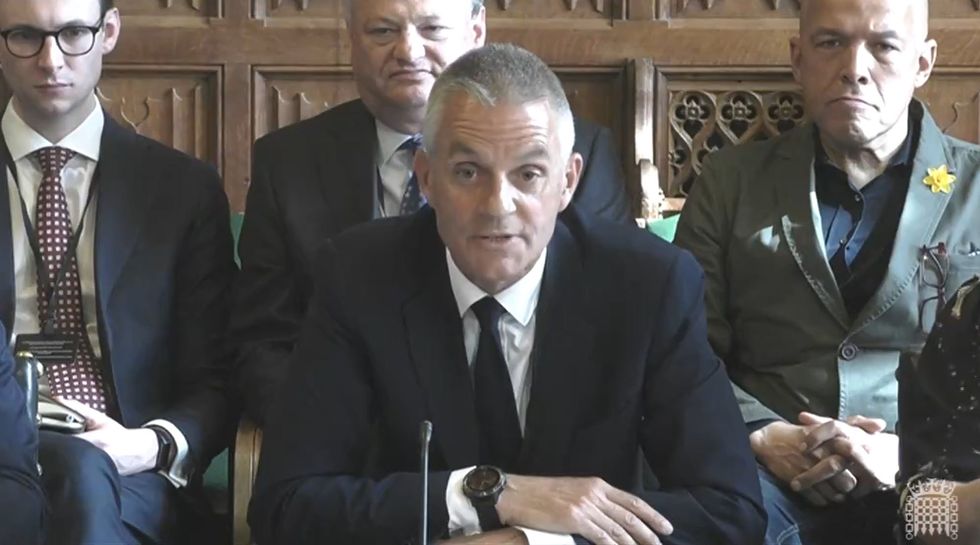
Tim Davie at the Culture, Media and Sport committee session
|PA
Speaking at the House of Commons, Davie said: “We are obviously doing the social media review because it's been tough, in terms of where do you draw the line between social issues versus party political issues. I think we want to find the right balance.”
When asked directly about the Lineker debacle, Davie said: “I regret audiences are impacted at the end of the day.
“The idea that we didn't put out a full programme, I will always regret.
“Do you look back and say could you have done things slightly differently at different points? You always do in these affairs. Of course you do.”
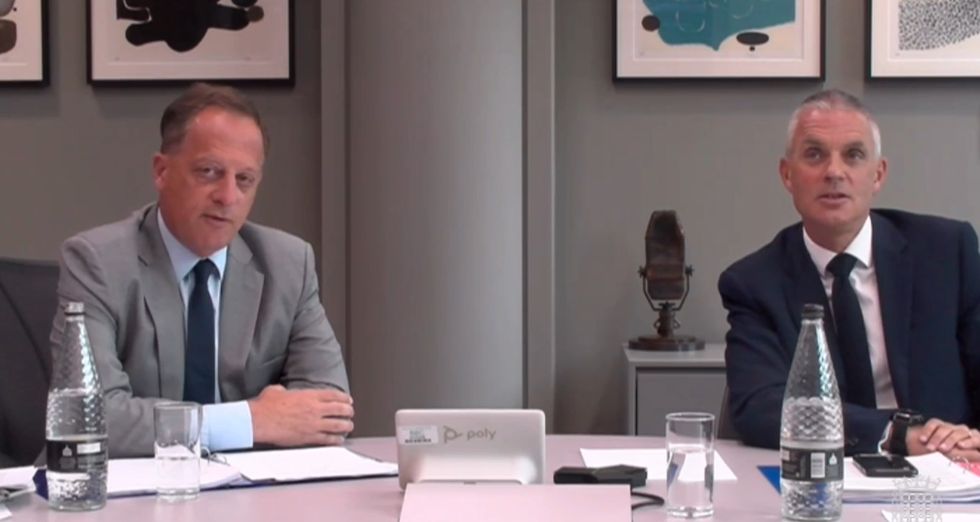
Time Davie pictured with former BBC Chairman Richard Sharp who arranged £800,000 loan for Boris Johnson
|PA
Finding his rhythm, Davie became more bullish about beating the beeb impartiality drum: “As editor in chief, my orders are very clear: we report without fear or favour with due impartiality.”
Davie then channelled his inner Hugh Grant: “I've never claimed we get it perfect all the time, and sometimes we don't get it right, but overall and the vast majority of occasions, and in summary, I think overall we've had a good year in maintaining impartiality in a world in which there are fierce storms around us.”
Autumnwatch presenter Chris Packham has also acted as a lightning rod for criticism of the BBC’s impartiality.
Packham has been allowed to praise anti-hunt saboteurs and is currently filming a Just Stop Oil documentary for Channel 4 that looks at “how disruptive we have to be” in order to protest successfully.
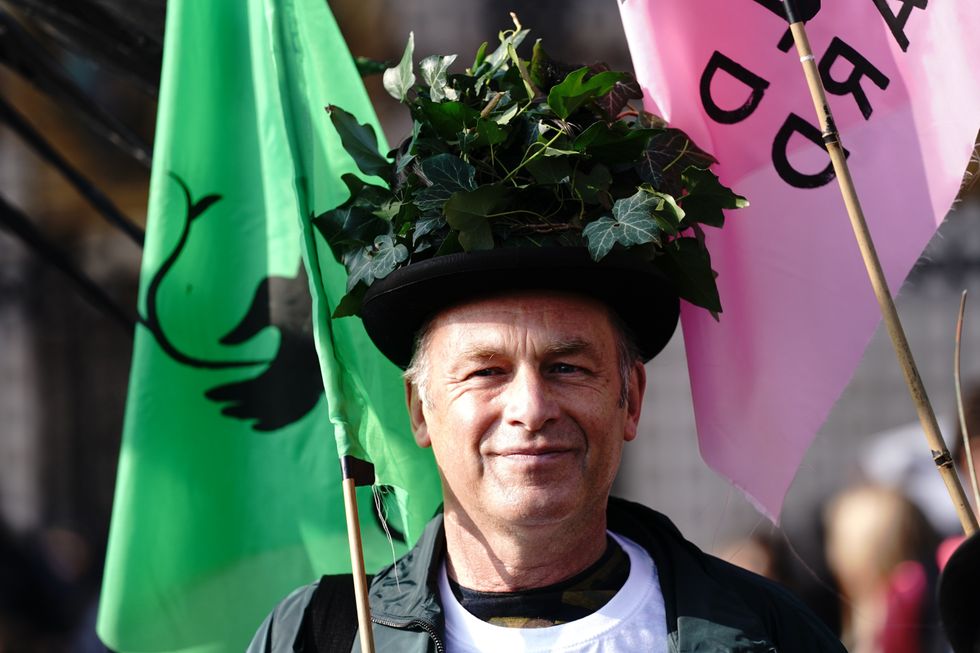
Chris Packham
|PA
On Packham, Davie mentioned: “I think audiences are smart. They can say ‘okay, this individual has views but they are presenting a nature programme’”.
The BBC director-general steered the conversation towards the corporation’s “exceptional” record in areas like complaints, of which Davie believes the BBC “should be very proud.”
Last year, newsreader Martine Croxall was taken off the BBC News Channel when she appeared to be pleased about Boris Johnson pulling out of the Tory leadership race.
The campaign group Republic has also accused the BBC of lacking impartiality in its coverage of the Coronation of King Charles.
On Tuesday 6 June, Culture Secretary Lucy Frazer told the Digital, Culture, Media and Sport Committee: “I am definitely a supporter of the BBC… but it does need to understand its duties in relation to impartiality.”
Pressed to qualify her remarks by Conservative MP Simon Jupp, she added: “I think that the BBC on occasion is biased, yes,” but refused to give any specific examples.
Gary Lineker has said he will continue making political statements in defiance of BBC guidelines and felt “vindicated” following an impartiality row with the broadcaster.
The Match of the Day host said being told not to do something ‘will drive me to do it even further’.







